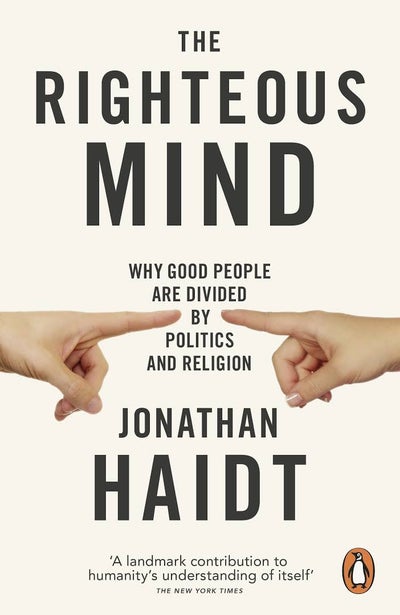55.15AED
59.80-
Lowest Price 42.70
-
Highest Price 80.70
-
Recent Price Drop -7.8%

55.15AED
59.80